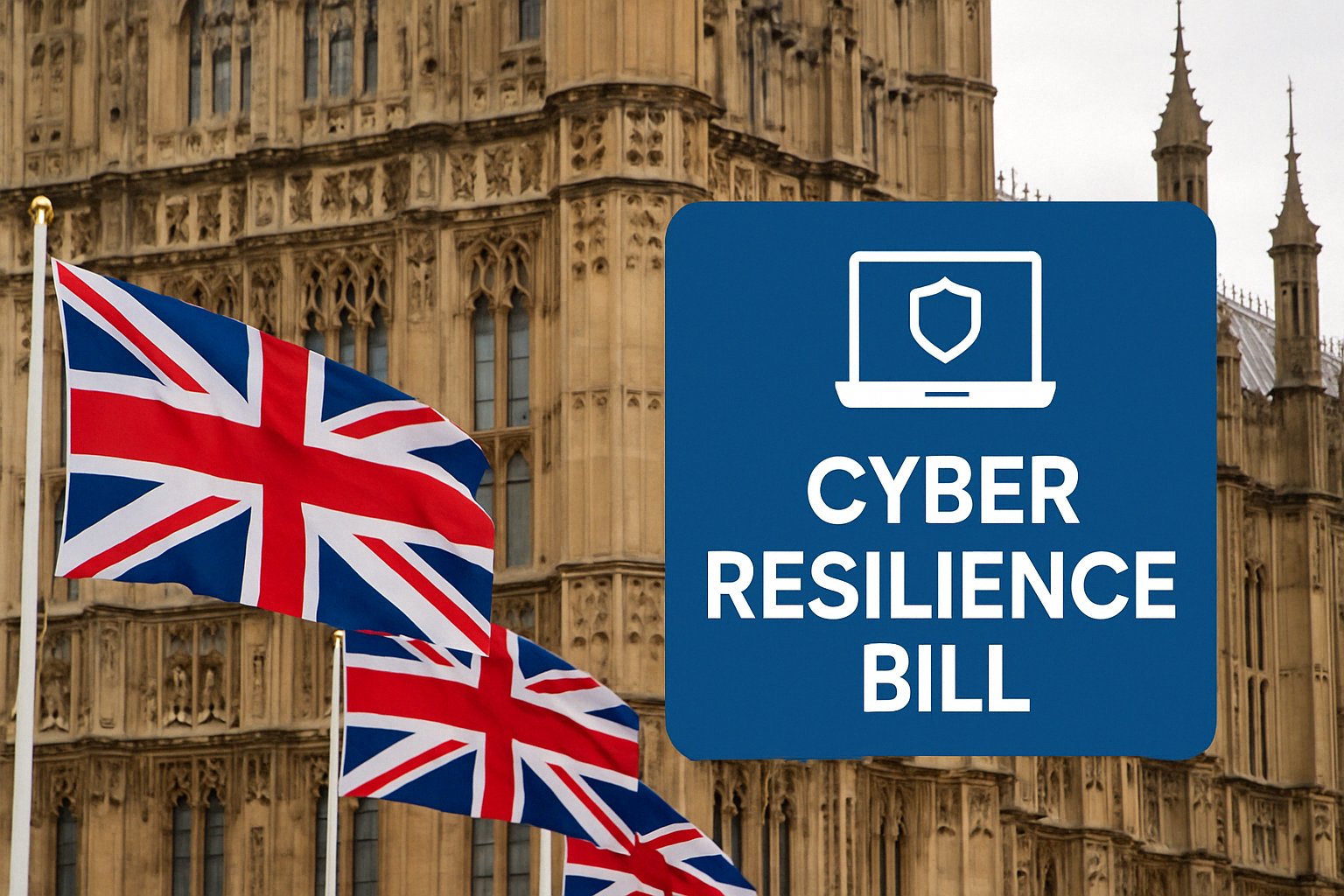The UK government has taken a significant step forward in bolstering the nation’s cybersecurity with the introduction of the Cyber Resilience Bill. This bill is aimed at safeguarding the economy against the increasing prevalence of cyber threats by improving the resilience of organizations that provide essential services. This initiative seeks to address the growing vulnerabilities in current frameworks, particularly highlighted by high-profile ransomware and supply chain attacks.
One important aspect of the new legislation is its expanded definition of Critical National Infrastructure (CNI). Whereas traditional definitions focused on sectors like energy and healthcare, the Cyber Resilience Bill now includes Managed Service Providers and organizations that handle large quantities of data. This adjustment is critical as it recognizes the integral role these bodies play in supporting essential services, reflecting an alignment with the EU’s NIS2 Directive.
Moreover, the bill reiterates the necessity for enhanced incident reporting, which mandates organizations to notify regulators of significant cyber incidents within 24 hours. This establishes a more urgent timeline compared to previous regulations, allowing for swifter responses from cybersecurity authorities and better mitigation strategies to be enacted, reducing the overall impact of attacks.
It is also crucial to underline that while the Cyber Resilience Bill is poised to impact various sectors, the actual enforcement of these regulations will depend on the readiness of regulators like the Information Commissioner’s Office (ICO). The new requirements underscore the need for businesses across the board to bolster their cybersecurity frameworks and risk management strategies, as the bill’s successful implementation hinges on their ability to adapt quickly.

